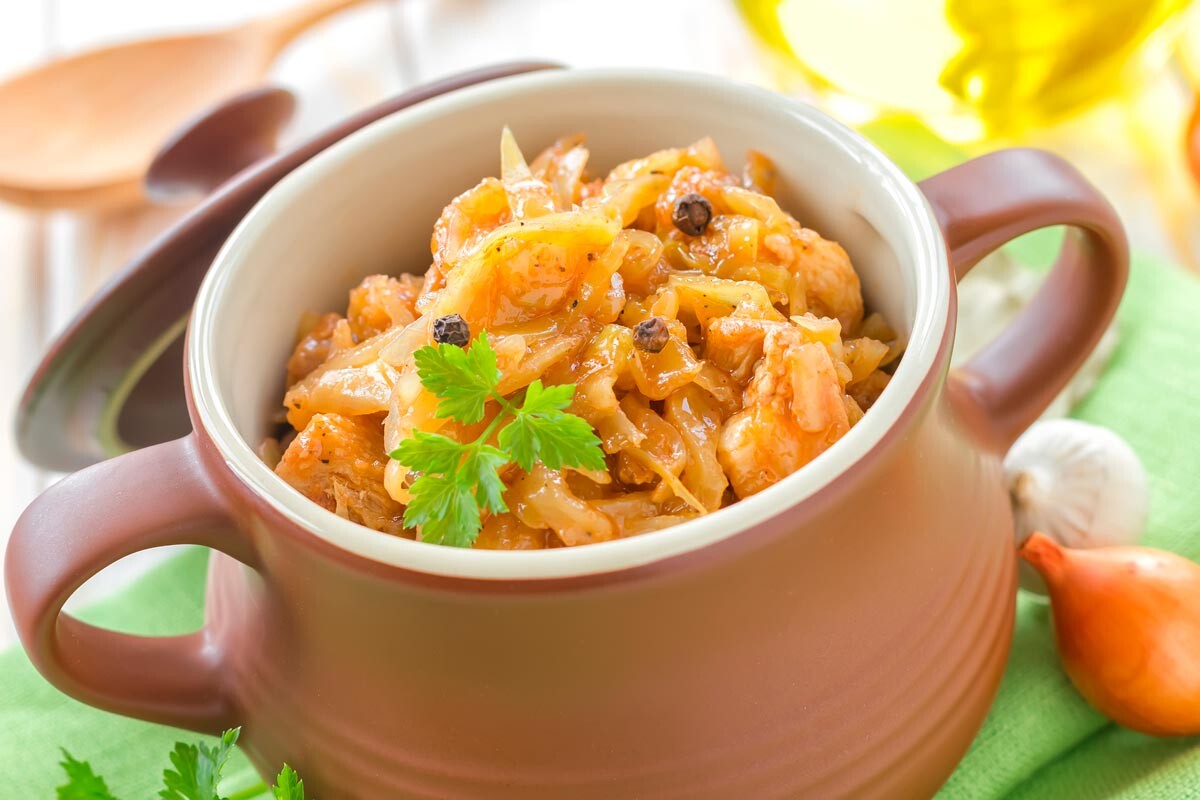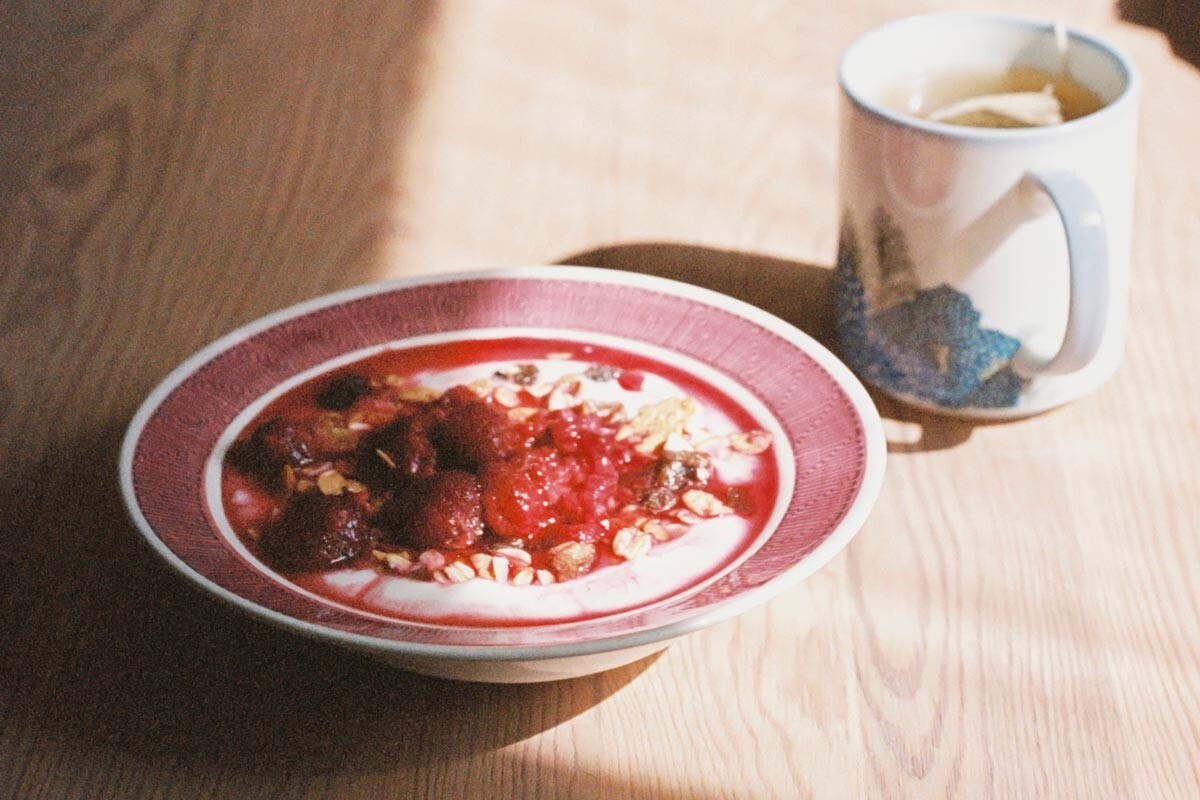Embark on a culinary adventure with Germans From Russia Recipes, where tradition meets modern flavors. This unique cuisine, shaped by a blend of German and Russian heritage, offers an array of tantalizing dishes that will captivate your taste buds.
From hearty soups and savory meats to delectable pastries and refreshing beverages, Germans From Russia Recipes showcases the culinary artistry of a resilient community. Immerse yourself in a world of flavors and discover the rich cultural significance of this cherished cuisine.
Culinary Traditions and Influences

German-Russian cuisine is a unique blend of culinary traditions that originated in the 18th century when Germans migrated to Russia. Over time, the cuisine has evolved to incorporate influences from both Russian and German cultures, resulting in a distinct and flavorful culinary experience.
Cultural and Geographic Factors
The cultural and geographic factors that shaped German-Russian cuisine are as follows:
- German Immigration:The migration of Germans to Russia brought their own culinary traditions and ingredients, which formed the foundation of German-Russian cuisine.
- Russian Influences:The German settlers adopted many Russian ingredients and cooking techniques, such as the use of rye flour, sauerkraut, and pelmeni.
- Geographic Location:The German settlements were often located in remote areas of Russia, which influenced the availability of ingredients and the development of unique culinary practices.
Unique Flavors and Ingredients
German-Russian cuisine is known for its hearty and flavorful dishes, which often feature a combination of German and Russian ingredients. Some of the most common ingredients used in German-Russian cuisine include:
- Rye flour:Used in breads, dumplings, and other baked goods.
- Sauerkraut:Fermented cabbage that adds a sour and tangy flavor to dishes.
- Pelmeni:Meat-filled dumplings that are typically boiled or fried.
- Kvass:A fermented beverage made from rye bread that is popular in Russia.
- Schnitzel:Breaded and fried cutlets that are often served with potato salad.
Ingredients and Techniques

German-Russian cuisine, a blend of traditional German and Russian culinary practices, is characterized by its unique ingredients and techniques. Essential ingredients like cabbage, potatoes, and rye flour form the backbone of many dishes, while pickling, curing, and baking are fundamental cooking methods.
Cabbage, a versatile vegetable, is often fermented to create sauerkraut, a tangy and sour side dish. Potatoes, a staple crop, are boiled, mashed, or roasted to accompany various meat dishes. Rye flour, known for its hearty flavor, is used to make traditional breads and dumplings.
German cuisine has been influenced by many cultures, but it has also had a significant impact on other cuisines. If you are looking for a delicious and unique culinary experience, try exploring German recipes from Russia. These recipes often combine the best of both worlds, with hearty German flavors and fresh Russian ingredients.
And if you're looking for a refreshing drink to pair with your meal, check out this espresso martini recipe creamy . It's the perfect way to end a meal or enjoy a special occasion. After trying out the espresso martini recipe creamy, don't forget to return to explore more German recipes from Russia.
Pickling
Pickling, a preservation technique, involves submerging vegetables or fruits in a brine solution to create tangy and flavorful condiments. Cucumbers, beets, and cabbage are commonly pickled in German-Russian cuisine, adding a sour and crunchy element to meals.
Germans from Russia recipes are renowned for their hearty and flavorful dishes. If you're looking for a sweet treat that's both delicious and eggless, try this eggless cinnamon rolls recipe . These fluffy and aromatic rolls are perfect for any occasion.
To complete your German-inspired culinary journey, explore more traditional German from Russia recipes that showcase the rich flavors and culinary heritage of this fascinating culture.
Curing
Curing, another preservation method, involves salting and drying meats to enhance their flavor and extend their shelf life. Smoked meats, such as kielbasa and ham, are popular in German-Russian cooking, providing a smoky and savory taste.
Baking
Baking is a prevalent technique in German-Russian cuisine, used to create a variety of breads, pastries, and desserts. Rye bread, with its dense and slightly sour flavor, is a staple in many households. Sweet pastries, such as strudels and pirozhki, filled with fruits or cheese, are popular treats.
The heritage of Germans from Russia has left an enduring mark on culinary traditions, with recipes passed down through generations. These flavorful dishes evoke a sense of nostalgia and comfort. If you're seeking a refreshing twist, consider exploring the dutch bros kicker recipe . This tantalizing beverage combines espresso, milk, and a hint of caramel for a perfect pick-me-up.
Once you've indulged in this delightful concoction, return to the delectable realm of Germans from Russia recipes for a taste of their culinary legacy.
Cultural Significance and Modern Interpretations: Germans From Russia Recipes
German-Russian cuisine holds a significant place within the community, embodying their cultural heritage and shared experiences. It serves as a reminder of their ancestors' journey and adaptation to a new land, reflecting their resilience and creativity.
Beyond the community, German-Russian cuisine has gained recognition for its unique flavors and culinary techniques. Its hearty dishes, often featuring meats, potatoes, and cabbage, have become beloved by food enthusiasts worldwide.
Modern Interpretations, Germans from russia recipes
In recent years, contemporary chefs have begun to reinterpret traditional German-Russian recipes to cater to modern tastes and dietary trends. While preserving the essence of the cuisine, they incorporate lighter ingredients, reduce the use of heavy fats, and experiment with new flavor combinations.
- For instance, traditional meat-heavy dishes are now often balanced with fresh vegetables and lighter sauces.
- Whole-wheat flour and healthier grains are replacing refined white flour in baked goods.
- Chefs are also exploring fusion dishes that blend German-Russian flavors with elements from other cuisines, creating exciting new culinary experiences.
Last Recap
Germans From Russia Recipes is a testament to the enduring power of culinary traditions. It invites us to explore the rich tapestry of flavors, techniques, and cultural influences that have shaped this unique cuisine. Whether you're a seasoned chef or a curious home cook, these recipes offer a delightful gateway to a world of culinary exploration.


